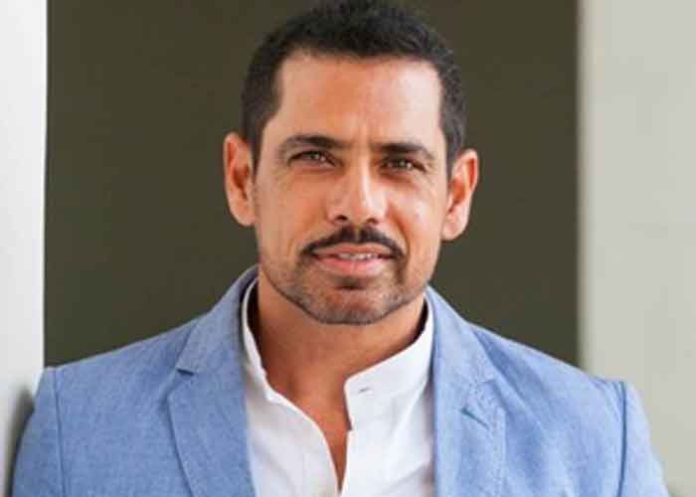Karla Torres, right, recieves her certification from the Family Childcare Preparation Program on Wednesday, Apr. 13, 2025 . Torres has been running a daycare for over 16 years and joined the class to renew her CPR certificate.
(Lau Guzmán / NHPR News )The basement of the United Way of Greater Nashua is ready to party. There are sandwiches, snacks, gifts and balloons to celebrate the most recent class to graduate from the Family Childcare Preparation Program run by the Nashua Smart Start coalition and the Community Engagement Training Center.The program aims to build the local supply of childcare workers by lowering the entry barriers to get an available online certificate.

The program also aims to provide additional support, mentoring and networking for participants. In the year that the program has been in place, it has helped train more than 100 students who speak English, Spanish, Portuguese and Swahili.“The state of New Hampshire needs you,” said facilitator Emily Ricardo.
“Without child care, how can parents go to work?”New Hampshire, like many other parts of the country, has been grappling with a severe shortage of qualified child care workers, and the issue has become a broader strain on the economy, About 16,000 Granite Staters were out of the workforce every month between September 2022 and October 2023 because they were providing care for children, according to a study from the New Hampshire Fiscal Policy Institute.The same study found a shortage of approximately 8,300 child care spots statewide in 2021.As federal funds for health and social services are being cut, United Way Director Liz Fitzgerald hopes to keep the program running anyway.
She thanked private supporters like the Community Development Finance Authority and the New Hampshire Charitable Foundation for their ongoing support. However, she said there is still mentoring and support available for graduates and encouraged them to keep on going.“The national government is cutting resources that support child development through the Department of Health and Human Services,” she said.
“Our local resources have been diminished, but we have a strong network of private funders. They believe very strongly in the work that you're doing and planning to do.”This particular cohort has about a dozen people.
It’s a mix of people early on in their career in child care, people switching careers and people who have been running a daycare for years. This is the case for Carla Torres. She has been working with kids for over 16 years and joined to renew her CPR certification and grow professionally.
During a short graduation speech, she encouraged her classmates to keep on going.“It was hard for me sometimes,” she said in Spanish. “It’s easy to say ‘I don’t speak English at 100%, I can’t do it.
There’s too many rules. There’s too much paperwork.’’ But there was always someone who told me that I could make it.
When you have a passion for your work, you’re going to reflect it.”Torres already owns a daycare, but she hopes to expand her skillset so she can eventually work with kids with autism.Similarly, her classmates also have big dreams.
With the certificate, participants have the ability to start working towards bigger goals, like opening a daycare business, working in a school or an established daycare, or taking early childhood classes in college..
Health

‘New Hampshire needs you’: Inside one effort to expand the state's child care workforce

As the demand for child care outstrips the supply available, Nashua nonprofits are working to train more childcare workers















